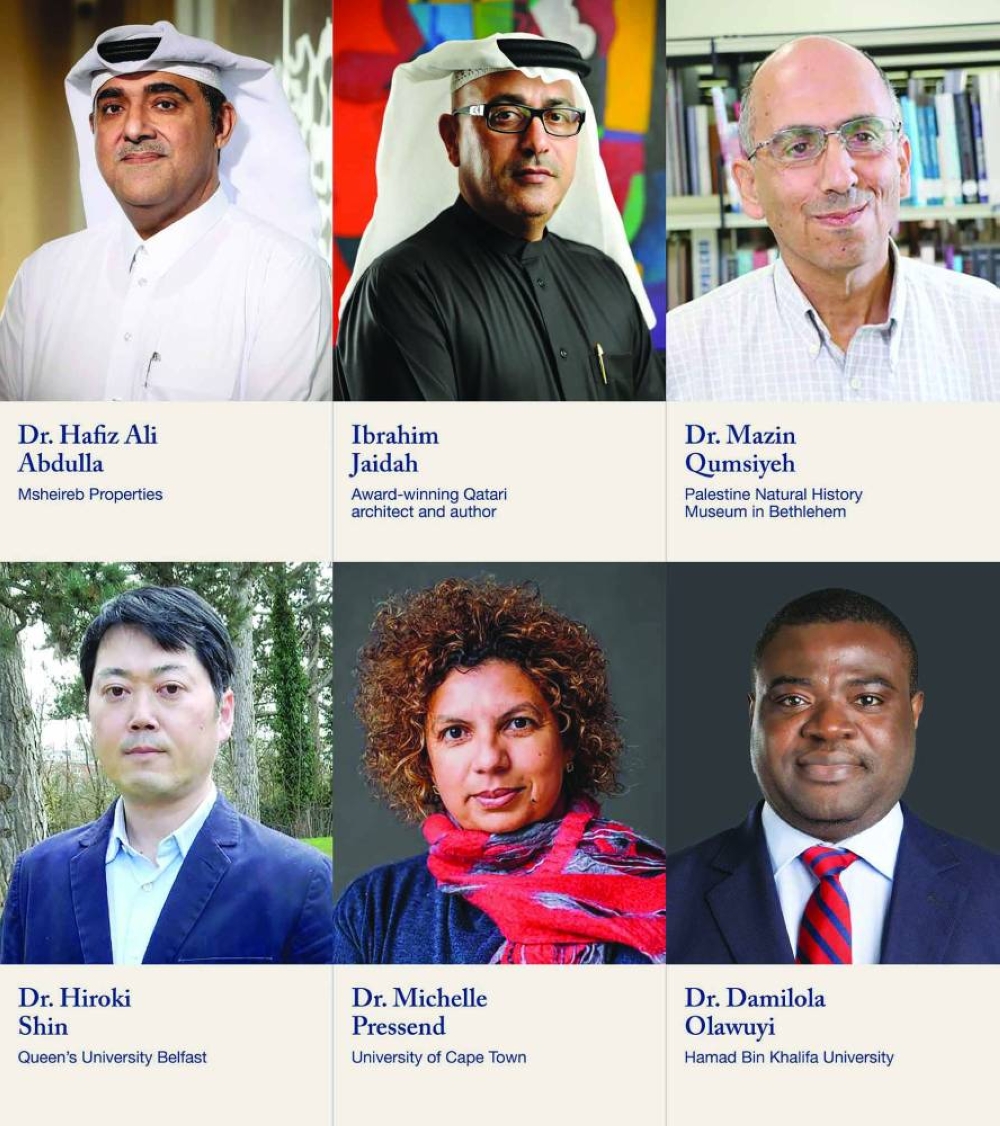The Centre for International and Regional Studies at Georgetown University in Qatar (GU-Q) is partnering with Msheireb Museums to host an international forum under the theme “Global Energy Cultures: How Energy Shapes Our Everyday Lives,” from December 9-10.
As part of GU-Q’s signature Hiwaraat Conference Series, the forum will explore the intricate relationship between energy and cultures and pathways toward sustainable practices.
A dynamic fusion of academic and artistic exchanges, including compelling scholarly discussions, photography and art exhibitions, film screenings, and talks with artists will be open to the public at Msheireb Museums’ four historic heritage houses in the heart of Msheireb Downtown Doha.
“Reliant on technology, commerce, and production, modern life would be unfeasible without a constant supply of energy in different forms. However, it is a misconception to confine energy to the economy and industry, disregarding its phenomenal implications for culture and society. Our next Hiwaraat conference, jointly organised with Msheireb Museums, explores the significance of energy in those contexts, bringing together not just scholars, but also practitioners and artists, to make academic research more accessible to the public,” GU-Q dean Dr Safwan Masri said in a press statement.
A distinguished lineup of scholars, artists, architects, writers, and activists from around the world will highlight the social and political aspects of energy production and consumption. The discussions will provide a unique lens into the different ways in which energy systems not only shape our daily lives and influence individual and collective choices but are shaped by human cultures.
Msheireb Museums acting general manager Abdullah al-Naama said: “We are happy to be collaborating with Georgetown University in Qatar for this conference that showcases an important topic in alignment with our commitment to spark dialogue and raise awareness in the community”.
The conference will kick off with sessions that explore household energy use and the energy landscape more broadly.
A panel titled “Heritage Spaces and Energy Futures” will feature Dr Hafiz Ali Abdulla, senior director of Corporate Communications, Msheireb Properties; and Dr Hiroki Shin, Queen’s University Belfast.
Dr Shin’s current research project examines the roles of cultural and heritage institutions in society’s cultural adaptation to climate change.
A discussion titled “Decolonising Energy: Palestine and Beyond” will feature Palestinian scientist and author Dr Mazin Qumsiyeh, founder and director of the Palestine Natural History Museum in Bethlehem, West Bank, the first and only museum of its kind in Palestine.
“Architecture and Energy: A Dialogue with Practitioners” will feature insights from Ibrahim Jaidah, award-winning Qatari architect and author.
In other sessions, Zahra Babar, associate director of Research, CIRS, GU-Q, will chair “Work and Workers: Towards Energy Justice” while expert voices on the panel “Electrical Africa: Past, Present, Future” will include Dr Damilola Olawuyi, Unesco chairholder on Environmental Law and Sustainable Development, Hamad Bin Khalifa University.
Also on the panel is Dr Michelle Pressend, lecturer in environmental sociology, at the University of Cape Town (UCT). Her research at the transdisciplinary Environmental Humanities South (UCT) explores renewable energy transitions and ‘energy democracy’.
Alongside insightful academic sessions over the two days, the “Global Energy Cultures” forum will showcase the unique creative expressions of energy themes through conversations with writers, filmmakers, and other international artists.

